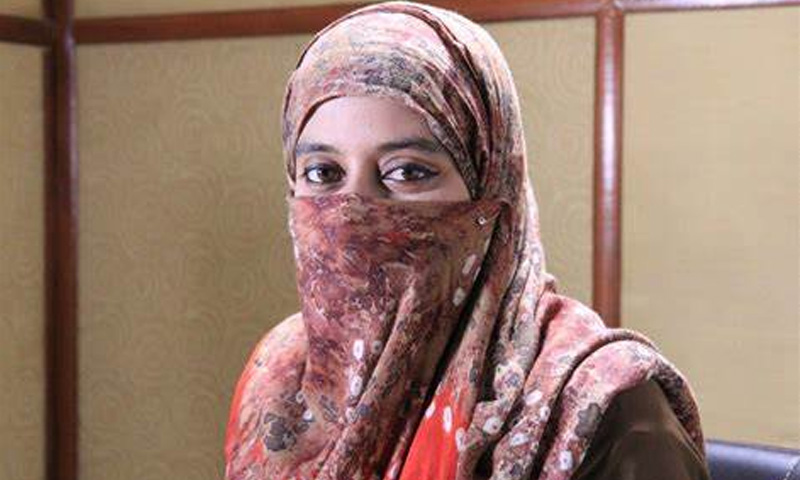- Sanam Tanzeel
- Jan 22, 2026
Budget for babus: The plight of Pakistan’s salaried class under the new mini-budget
The recent mini-budget unveiled by the government has sent shockwaves through the salaried class of Pakistan, signalling a potential financial crisis for those who rely on fixed incomes. Veteran economic journalist Shahebaz Rana highlighted the grim reality in a tweet, stating that salaried individuals have only five options to survive the new fiscal policies: take their salary in cash, avoid fully disclosing tax assessments, remain outside the tax net, join powerful groups with tax exemptions, or face a dramatically reduced take-home salary. With these stark choices, it is clear that the government’s fiscal adjustments are disproportionately burdening the salaried class.
Taxation, in theory, is meant to be a tool for redistributing wealth and funding public goods and services. Progressive taxation systems, like those in Scandinavian countries, impose higher taxes on the wealthy to fund comprehensive social welfare programmes, including healthcare, education, and child support. These countries boast some of the highest living standards in the world, demonstrating the potential benefits of a fair tax system.
In contrast, Pakistan’s current tax policy seems to diverge sharply from these principles of economic justice. Despite imposing taxes comparable to those in high-income countries (with rates reaching up to 40%), the government provides minimal public services. The conditions of government-owned hospitals and schools remain dismal, and the general populace sees little return on their tax contributions. This stark imbalance raises fundamental questions about the equity and efficacy of Pakistan’s fiscal policy.
The exemptions granted under the new budget further exacerbate the inequality. Serving and retired bureaucrats and military personnel enjoy income tax exemptions on property sales, while the prime minister has rejected proposals to tax stock market transactions, choosing instead to increase taxes on the salaried and non-salaried classes by an additional 10 percent surcharge. This decision seems to cater to the interests of the ruling elite, who dominate the real estate sector and benefit from these exemptions.
Moreover, powerful groups continue to enjoy significant tax reliefs, highlighting a glaring disparity in the tax structure. For instance, large residential homes and farmhouses in the capital territory will now be taxed, yet exemptions persist in regions like ex-FATA, and no sales tax is levied on electricity in AJK. These inconsistencies point to a policy framework that favours the elite while squeezing the salaried class dry.
The cumulative effect of these fiscal policies is a severe deterioration in the quality of life for the average Pakistani. With taxes on income, property transfers, mobile phones, and even essential goods like packaged milk reaching exorbitant levels, the cost of living is becoming unsustainable. Recent hikes in petrol and electricity tariffs further strain household budgets. These regressive taxes hit the poorest hardest, exacerbating economic inequality and social unrest.
Additionally, the government’s refusal to implement land reforms or tax large landowners and industrialists perpetuates a system where the wealthy remain untaxed and the poor bear the financial burden. This lack of a progressive tax structure undermines the constitutional rights of citizens to a decent standard of living.
To address these issues and create a more equitable economic environment, the government should consider the following recommendations:
1. Implement progressive taxation: Introduce a more progressive tax system where the wealthy pay a higher percentage of their income in taxes. This approach can generate additional revenue for public services and reduce the burden on the salaried class.
2. Enhance public services: Use tax revenues to significantly improve public services, including healthcare, education, and infrastructure. This investment can enhance the quality of life and provide tangible benefits for taxpayers.
3. Reform tax exemptions: Reevaluate and reduce tax exemptions for powerful groups and elites. Ensure that all economic sectors contribute their fair share to the national revenue.
4. Introduce land reforms: Implement land reforms to tax large landowners and redistribute land more equitably. This can address long-standing issues of land inequality and generate additional tax revenue.
5. Support the middle class: Provide targeted tax relief and subsidies for the middle class and lower-income households. This support can help offset the high cost of living and stimulate economic growth.
6. Enhance transparency and accountability: Increase transparency in tax collection and government spending. Ensure that taxpayers can see how their money is being used to improve public services and infrastructure.
In conclusion, the recent mini-budget represents a missed opportunity for Pakistan to address deep-seated economic inequalities and improve the quality of life for its citizens. Instead of burdening the salaried class with disproportionate taxes and providing exemptions to powerful elites, the government should prioritise progressive taxation, enhance public services, reform tax exemptions, and implement land reforms. By adopting these measures, Pakistan can move towards a more equitable and just economic system that benefits all citizens and upholds their constitutional rights. It is imperative for policymakers to recognise the urgent need for these changes and act decisively to ensure a prosperous future for the nation.






